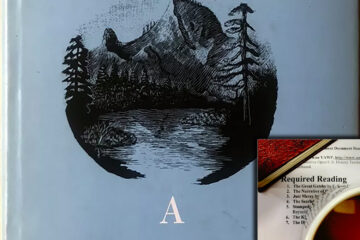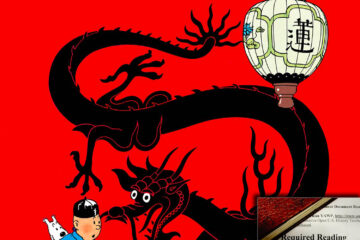“Success is counted sweetest.” Emily Dickinson
1859
Success is counted sweetest By those who ne’er succeed. To comprehend a nectar Requires sorest need.
Not one of all the purple Host Who took the Flag today
Can tell the definition So clear of victory
As he defeated – dying – On whose forbidden ear
The distant strains of triumph Burst agonized and clear!
Poetic analysis of “Success is counted sweetest” by Zane Johnson
In Emily Dickinson’s “Success is counted sweetest,” she claims that success is appreciated most by people who constantly fail (Dickinson 1). Dickinson contrasts a dying soldier and an army that has just won a war. Dickinson also compares success to nectar which incorporates the reoccurring theme of nature in the majority of Dickinson’s poems. “To comprehend a nectar requires sorest need” in saying this, she demonstrates that even in nature, this is a process that occurs (Dickinson 3 and 4). Inside the natural world, the longer a bee or butterfly goes without finding nectar, the hungrier it gets; thus, it has a greater need and appreciation when it finally finds its nectar.
In the second stanza, Dickinson begins her second analogy between a winning army and a dying soldier. The “purple Host” is an army that has just won a war, and Dickinson says that “Not one” of them “Can tell the definition” of success even as they are about to win a war in which they have been risking their very own lives (Dickinson 5 and 7). On the other hand, the soldier from the opposing army on the battlefield dying has the greatest desire for victory. The soldier that was left can hear the “distant strains of triumph,” and he wants nothing more than to celebrate a victorious win; instead, he is left dying on the battlefield (Dickinson 11).
Overall, Dickinson is able to procure a paradoxical situation where the more success you have, the less you appreciate it, and when you do not often succeed, the more you yearn for and appreciate success. This paradox does a great job of encapsulating the true essence of America. Throughout all of American history, those who felt underappreciated or as if they were not “[succeeding]” wanted it most and fought for it the hardest (Dickinson 1). This poem is an excellent depiction of what it means to be American and is able to demonstrate why Americans take so much pride in their freedom to this day.


